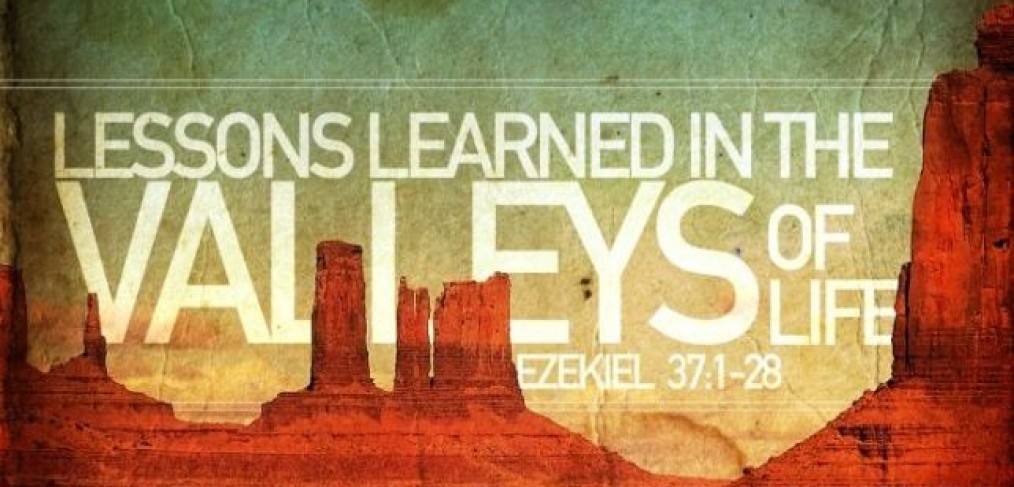
Reading The Bible Together for December – Ezekiel
Ezekiel can be a fairly confusing book. It contains some wild sounding visions and symbolic actions. It also ends with a detailed description of the temple and the land of Israel. It can leave the head of a modern reader spinning.
This historical background gives important background for Ezekiel 1-32. These deported Israelites hoped that their captivity would be short, and dreamed of a speedy return. They assumed that Jerusalem would be safe, for it was “God’s city.” However, Ezekiel had a very different message. Their exile would not be brief or easy. And worse yet, their prized capital Jerusalem would be devastated. Thus, Ezekiel spends the first twenty-four chapters of his book addressing the sins of Judah and the coming judgment on Jerusalem. He then turns in chapters 25-32 to announce judgment against foreign nations.
For the setting of the rest of Ezekiel’s book, we must return and finish the historical background. After King Jehoiachin was exiled to Babylon with Ezekiel, his uncle Zedekiah was placed on the throne by Nebuchadnezzar, king of Babylon. When Zedekiah proved to be unfaithful to Babylon, Nebuchadnezzar attacked Jerusalem and finally conquered it in 586 B.C.
With that as the “big picture” to Ezekiel, what can we say about modern application? Many things could be said here, but I will mention four:
First, notice the greatness of God and our need for repentance. Ezekiel describes God in ways that stretch our imagination. For example, in Ezekiel 1 we learn that God is incomprehensible to us. He is holy and transcendent, separate from sin and calling sinners to repentance. The same is true today.
Second, notice Ezekiel’s “remnant theology.” Although God is a Holy Judge, he is calling individuals to himself, creating a remnant that will endure through judgment (Ezek. 6:8;9:8; 11:12,13; 12:16; 14:22,23). God is doing this today as he calls men and women to himself.
Third, as with other prophets, we see that God is in control of all things. He is in control even of the bad things that happen to his people. Chapters 25-32 also tell us that he is in control of every nation, all of the world.
Fourth, we presently are living in the time of the restoration about which Ezekiel prophesied. Jesus has brought the restoration. It is not seen in its fullness yet, but it is breaking into the world in subtle ways now. For example, Ezekiel called for a time when there would be a “new heart” for God’s people (Ezek. 11:19; 18:31; 36:26). Jeremiah 31:33 tells us that this new heart comes under the New Covenant which Jesus inaugurated.
The RBT community group question sheet and also a full copy of the outline for Ezekiel can be found on the downloads page.
